Namibia polls get the nod
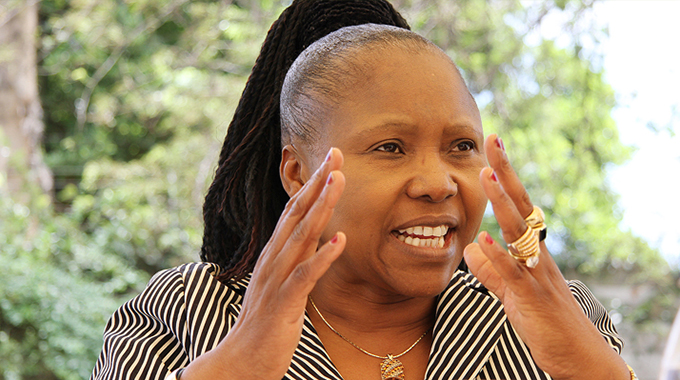
Mashudu Netsianda, Senior Reporter
THE elections held in Namibia on Wednesday last week were conducted in a peaceful and free atmosphere and the environment enabled voters to express themselves in a transparent manner, Sadc has said.
President Mnangagwa, in his capacity as the Chairperson of the Sadc Organ on Politics, Defence and Security Cooperation, constituted the Sadc Electoral Observation Mission (SEOM) to the elections in Namibia which deployed 59 observers in all the 14 provinces of the country.
Presenting a preliminary statement on the elections, Defence and War Veterans Affairs Minister Oppah Muchinguri-Kashiri, who is the Head of Sadc Electoral Observation Mission (SEOM), commended the Electoral Commission of Namibia (ECN) for the professional manner in which it conducted the elections.
Namibia’s incumbent President Mr Hage Geingob of the ruling SWAPO party secured a second term after winning 56,3 percent of the vote.
He defeated his close rival, Mr Panduleni Itula, an independent candidate who received 29,4 percent of the vote. The official opposition candidate Mr McHenry Venaani of the Popular Democratic Movement (PDM) finished third with 5,3 percent.
Minister Muchinguri-Kashiri, who was flanked by Cde Patrick Chinamasa and the Sadc Executive Secretary Dr Stergomena Lawrence Tax when she presented the statement, also praised Namibians for the political maturity demonstrated during the electoral process.
“The political and security environment in the pre-election and election period was calm and peaceful, with no visible political and security risk that could adversely affect the conduct of the election. National Voter Registration for constituencies was completed and verified without incident,” she said.
“These campaigns were by and large conducted peacefully. The police maintained a visible and discrete security presence at all campaign events that the Mission observed and did not interfere with proceedings. Furthermore, events observed were largely in compliance with the laws of the country save for a few isolated incidents reported by stakeholders.”
Minister Muchinguri-Kashiri said they observed that the ECN was well prepared for the elections and “generally discharged” its mandate in accordance with the Constitution and Electoral Law of Namibia.
“The Mission noted that the ECN generally complied with the country’s electoral laws and the electoral system in the execution of its duties. Furthermore, political parties generally showed respect for the country’s electoral laws and conducted their campaigns with due regard to the rule of law,” she said.
Namibia was using the Electronic Voting Machines (EVM) for the second time since the 2014 elections.
Minister Muchinguri-Kashiri said although they noted allegations by some stakeholders that some members of the ECN were partisan, no substantive evidence was provided to support these claims.
She said the observer mission recommended that the National Assembly should consider amending the Electoral Act to ensure that the votes from special voting are counted together with those from the main election to minimise speculation and undue influence on voters.
In the legislative vote to choose 96 Members of Parliament, the ruling party lost its two-thirds majority after it secured 63 seats, down from 77 while Popular Democratic Movement (PDM) got 16 seats, an improvement from five seats in the previous plebiscite in 2014.
Namibians went to the polls on November 27 to elect a President and national assembly members.
SEOM is in Namibia at the invitation of the ECN and in line with the Sadc Treaty, and Protocol on Politics, Defence and Security Co-operation and the regional bloc’s revised principles and guidelines governing democratic elections.
SEOM will issue its final report within 30 days of the conclusion of the electoral cycle in accordance with the revised Sadc principles and guidelines governing democratic elections (2015).
The release of the Sadc preliminary statement was held in conjunction with the African Union Electoral Observation Mission (AUEOM), headed by former of Sierra Leone President Ernest Bai Koroma, the Commonwealth Electoral Observation Mission headed by Mr Musa Mwenye, former Attorney-General of the Republic of Zambia; and the Electoral Commissions Forum of Sadc Countries (ECF-SADC) headed by, Mr Emmanuel Magade, deputy chairperson of the Zimbabwe Electoral Commission (ZEC).
The SEOM to the 2019 Namibian elections consists of a total of 53 personnel from eight Sadc countries which include Botswana, Lesotho, Malawi, Mozambique, South Africa, Tanzania, Zambia and Zimbabwe. — @mashnets

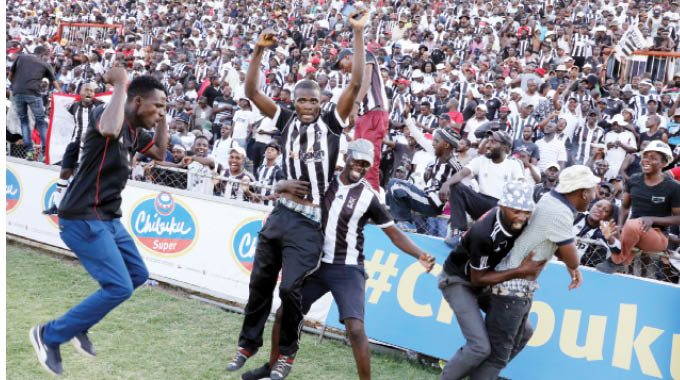
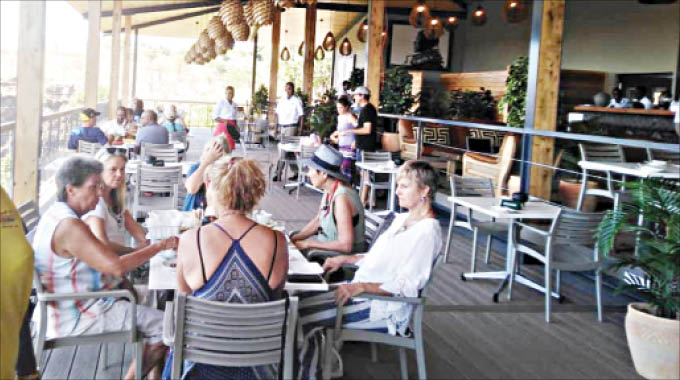

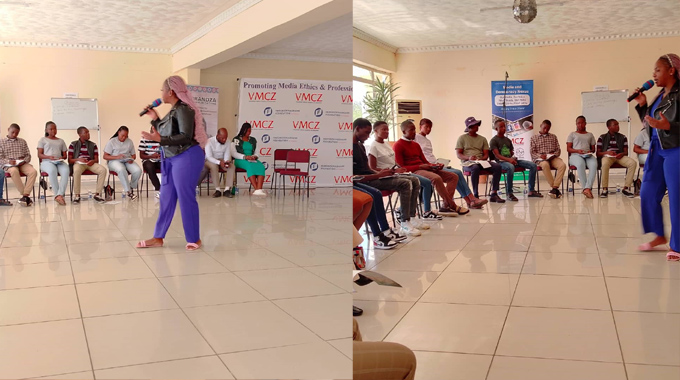
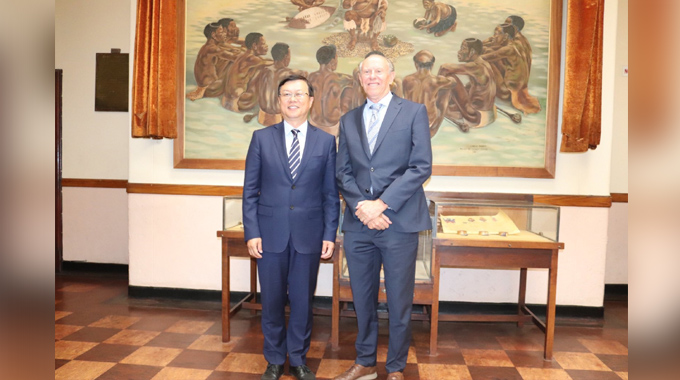






Comments